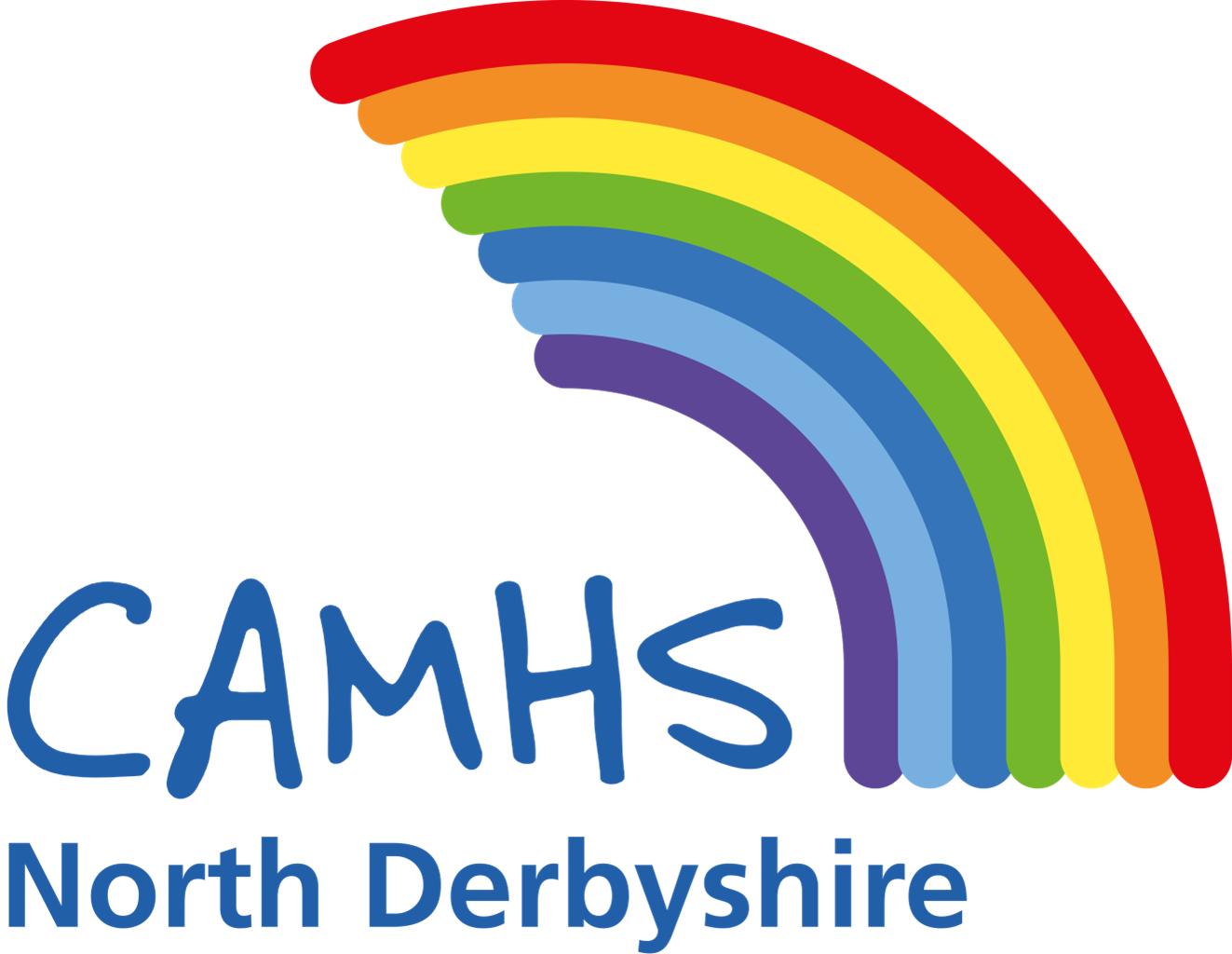autism and mental health
Depression in ASD
Introduction
It is normal to feel low, sad or down at times. All feelings are fine but some are much harder to feel. If these difficult emotions last a long time or feel very severe, this may be a sign of depression.
Depression is when sadness and low feelings do not go away; when they overwhelm a person and stop them from doing the things they normally enjoy doing.
Depression is one of the most common types of mental illness. Depression can happen as a reaction to something (like abuse, bullying or family breakdown) but it can also run in families.
Depression often develops alongside anxiety.
Depression in ASD
Young people on the Autism Spectrum have a greater risk of low mood and depression compared to their typically developing peers. This is because they might:
Realise for the first time that they’re ‘different’ from their peers
Not have had the space to recognise their many strengths and skills
Find it hard to cope with increasing academic pressure and expectations
Find it hard to understand social rules and expectations, to make friends and fit in socially.
These things can lead to feeling isolated, which might also cause or worsen depression.
Signs and Symptoms of DEPRESSION in asd
Young people with ASD may not realise they are depressed, and therefore it may require you to look out for possible signs. You might observe:
An increase in repetitive/stereotyped/obsessive behaviours
Decrease in personal care skills
Increased social withdrawal
Aggressive behaviour that has no clear trigger
Self-Injury
Sleep disturbance
Low mood
Loss of interest in activities and special interests
Verbal expressions of worthlessness, feeling different, feeling pessimistic.
When to seek help
Don’t ignore worrying symptoms hoping they’ll go away.
It may be possible to effectively manage their experience of low mood and depression using some of the strategies mentioned in the ‘What can you do as parents/carers to promote good mental health in your young person?’ section.
However, if symptoms persist and they are negatively impacting on their ability to cope with daily life, please contact your GP who may refer them to the CAMHS service where they may be able to access some evidence based therapy such as CBT (adapted for ASD) or other support.
Further support, advice and self-help
Young Minds gives free, relevant, practical information about a range of mental health issues in children and young people. It has information about feelings and symptoms, conditions and looking after yourself. It also has some specific information about self-harm and what to do about self-harm.
National Autistic Society provides free information and advice about autism. It has easy to read pages appropriate for young people and provides clear guidance for families on how to manage some of the challenges present in Autism.
Autistica gives information about Autism and related conditions. They are involved in ongoing research projects to help those diagnosed with ASD and their families to lead long, healthy and happy lives.


